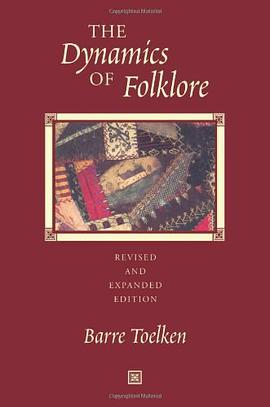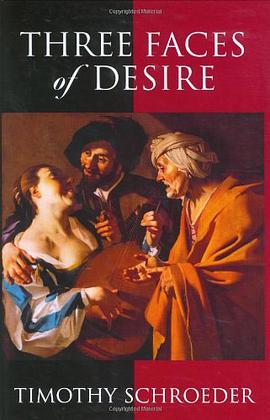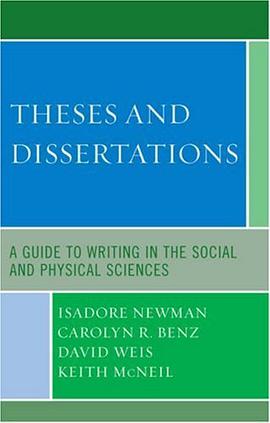

具体描述
What does social and political theory have to say about the role of science in society? Do scientists and other professional enquirers have an unlimited 'right to be wrong'? What are the implications of capitalism and multiculturalism for the future of the university? This ground-breaking text offers a fresh perspective on the governance of science from the standpoint of social and political theory. Science has often been seen as the only institution that embodies the elusive democratic ideal of the 'open society'. Yet, science remains an elite activity that commands much more public trust than understanding, even though science has become increasingly entangled with larger political and economic issues. Fuller proceeds by rejecting liberal and communitarian ideologies of science, in favor of a 'republican' approach centred on 'the right to be wrong'. He shows how the recent scaling up of scientific activity has undermined the republican ideal. The centrepiece of the book, a social history of the struggle to render the university a 'republic of science' focuses on the potential challenges posed by multiculturalism and capitalism. Finally, drawing on the science policy of the US New Deal, Fuller proposes nothing short of a new social contract for 'secularizing' science.
作者简介
目录信息
读后感
评分
评分
评分
评分
用户评价
相关图书
本站所有内容均为互联网搜索引擎提供的公开搜索信息,本站不存储任何数据与内容,任何内容与数据均与本站无关,如有需要请联系相关搜索引擎包括但不限于百度,google,bing,sogou 等
© 2026 book.quotespace.org All Rights Reserved. 小美书屋 版权所有




















